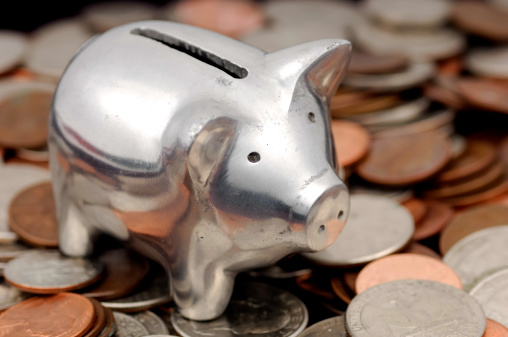Following the financial crisis just a few years back, banks have had to adjust to changing times, often with more regulation brought on. Even looking forward now, we can only speculate on the impact that raising interest rates by the Federal Reserve will have. If one is looking to invest in the financial sector at this time, then a value stock would be a solid bet. Oppenheimer thinks it has a strong pick.
Oppenheimer reiterated an Outperform rating on CIT Group Inc. (NYSE: CIT) with a $58 price target, but still maintaining a sum of the parts valuation of $62. The stock has a consensus analyst price target of $53.53. Also note that the highest price target from analysts is $60, giving an implied upside of 34% from current prices.
While it is not pretty at the moment, the brokerage firm sees an upside in the company that is based on its restructuring to generate higher returns.
In Oppenheimer’s eyes, CIT is one of the best values in the financial sector. The company is viewed as something like a private equity portfolio company that is being restructured, with all the noise and confusion that entails, rather than a stable, mature regional bank that seems to squeeze out an extra penny or two in earnings per share (EPS) every quarter. Oppenheimer thinks it will get there in a year or two, but it is not there now.
ALSO READ: Why Banks Are Now the Only Cheap Stocks to Buy
However once the restructuring process is complete, the company should be worth a great deal more than its current price at a 0.9 times multiple for adjusted tangible book value.
Oppenheimer noted in its report:
CIT is one of just two banks in our coverage that is trading well below true tangible book value even though public peers of both of its major constituent businesses tend to trade at substantial premiums to book. Detractors will point to a low operating return on tangible common equity (ROTCE) (~6% by our math in 2014) and a sloppy financial trajectory the past two years, and we will stipulate both those factors. However, the company is consistently profitable and has been able to buy back more than 12% of its outstanding shares since May of 2013. We think CIT has more than $2B of excess capital and that the worst that is likely to happen is more of the same.
Note that the risk adjusted yield on loans has come down over the years as well:
- 2006: 8.41%
- 2007: 8.38%
- 2008: 6.68%
- 2009: 4.97%
- 2010: 12.33%
- 2011: 9.53%
- 2012: 8.94%
- 2013: 7.01%
- 2014: 6.38%
Shares of CIT were up fractionally to $44.78 Tuesday, in a 52-week trading range of $41.06 to $50.23.
ALSO READ: Why Merrill Lynch Is Giving Up on Synchrony Financial, but Not on GE
Are You Ahead, or Behind on Retirement?
If you’re one of the over 4 Million Americans set to retire this year, you may want to pay attention. Many people have worked their whole lives preparing to retire without ever knowing the answer to the most important question: am I ahead, or behind on my goals?
Don’t make the same mistake. It’s an easy question to answer. A quick conversation with a financial advisor can help you unpack your savings, spending, and goals for your money. With Zoe Financial’s free matching tool, you can connect with trusted financial advisors in minutes.
Why wait? Click here to get started today!
Thank you for reading! Have some feedback for us?
Contact the 24/7 Wall St. editorial team.



